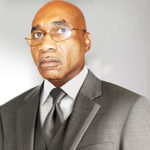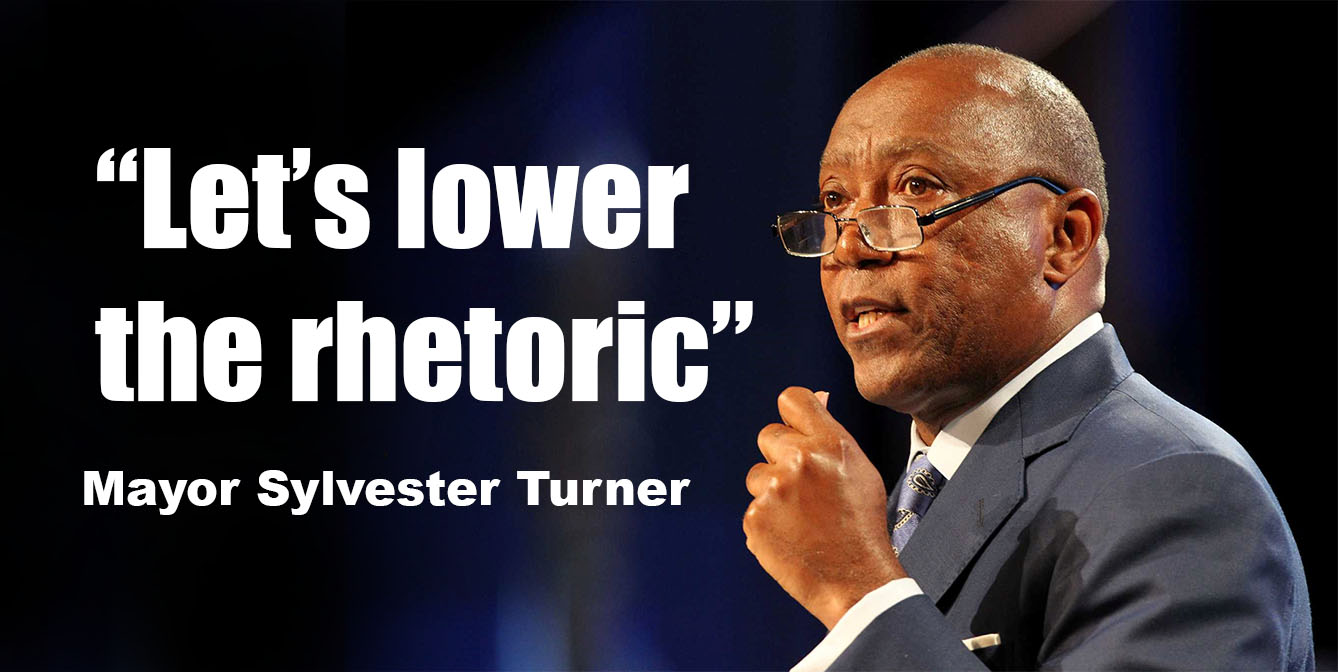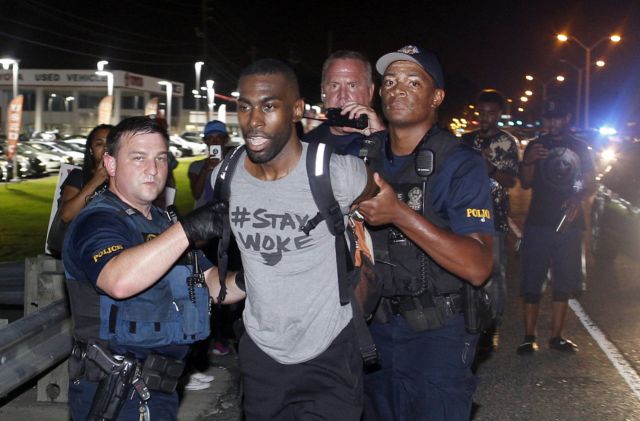
Figures still show a law enforcement structure and practice unfavorable to the African-American populace. For instance, it is evident that black people are still more heavily policed. This is to say that if a black person and a white person each commit a crime, the black person is more likely to be arrested. Similarly, when black people are arrested for a crime, they are convicted more often than white people arrested for the same offence; or even are more likely to be sentenced to incarceration compared to their white counterparts.
But such disturbing disparity in law enforcement remains more of a legislative challenge than an outmoded tit-for-tat business. On December 18, 2014, President Barack Obama signed an Executive Order establishing the President’s Task Force on 21st Century Policing. The focus was to seek knowledge from stakeholders and public involvement to identify best practices in the police process. The Task Force submitted an initial report to the President on March 2, 2015 and released the final report on May 18, 2015.
In May 2016, the Community Oriented Police Services (COPS) of the United States Department of Justice launched the Advancing 21st Century Policing Initiative, which provided operational supports to a regiment of police agencies. This project has since produced supervisory resources for various police agencies to advance best practices.
In April, 2016, Houston launched a deployment of body cameras to police officers making it the largest city to deploy such device for police activities. About 4,100 body cams was projected to be deployed to patrol officers over a 12 to 18 months period. Houston’s Mayor Sylvester Turner said the cameras would protect the public and the officers. He was right.

These strides however do not totally eliminate numerous challenges various communities face with the law enforcement. Just recently, for example, the shooting deaths of two black men within days by police officers have again provoked a wave of such cases that have created numerous protests nationwide in recent months. A Minnesota officer fatally shot a 32-year-old man, Philando Castile in Falcon Heights, a St. Paul suburb. A day earlier, 37-year-old Alton Sterling was equally shot and killed during a confrontation with two police officers outside a Baton Rouge, Louisiana, convenience store where he was selling discs of music and movies. A cellphone video of Sterling’s shooting posted online by a community activist set off heated protests.
Among thousands of reactions from prominent persons over the recent feud between the members of the law enforcement and the community in different parts of the country, a plea by Houston’s Mayor Sylvester Turner stood out distinctively as what might actually create a neutral ground to again resume a peaceable discourse. At a press conference on Friday, Mayor Turner in a more conciliatory tone, appealed “Let’s lower the rhetoric and be mindful of what we post on social media. A house divided against itself cannot stand.” There is every reason why America should listen to this Mayor.
In downright retaliation, some individuals angered by the commotion and killings had turned the triggers against police officers in what has now turned the entire country into a horrifying enclave of insanity and bereavement. A sniper attack in Dallas left five officers dead and six more injured in what is believed to be the deadliest day in the history of the Dallas Police Department.
Similar attacks have also been reported in other parts of the country. Police say officers have been targeted in Tennessee, Georgia, and Missouri. The Tennessee attack occurred hours before the Dallas carnage. The reasons behind the ambush attacks of the police in Georgia and Missouri are still being investigated, but most likely to be connected with the same killing of civilians in Minnesota and Louisiana.
The increasing feud between the community and members of the law enforcement, without doubt, has taken a different dimension in recent years, even as different organizations and government agencies collaborate on solutions. Discussion forums and campaigns to explore avenues for a more conducive police-community environment linger, but facilitators have often played down on the power of rhetoric in the escalating tension. Some community forums rather than advocate a rapport, have focused on the people’s rights to stand their grounds against the law enforcement. To make it worse, some activists have selfishly injected persuasive catchphrases in the social media to escalate the existing tension, while they would turn around to enjoy the publicity generated out of fear and hot emotions they instigate.

While community members who feel connected to these campaign catchwords are busy chanting their voices off on the streets, some activists seek other motives. For instance, a prominent Black Lives Matter activist, DeRay Mckesson, after he generated enough fund and popularity I his street activism, turned around and announced that he would run for mayor of Baltimore, his hometown. His decision angered critics and colleagues who accused him of double standard. Others accused him of using a charitable movement to selfishly seek a political career.
It is therefore not a surprise that Mckesson was among 100 others taken into custody Sunday in Baton Rouge, after protesters took to the streets to denounce the recent killings. Mckesson could be seen on news videos restfully posing for the cameras while he was held by the cops, and saying, “I’m under arrest, y’all!” It was obvious he was enjoying his arrest and excited about the fact that he would use the video clips for his social media self-gratifying campaign.
It is evident that black people are still more heavily policed. This is to say that if a black person and a white person each commit a crime, the black person is more likely to be arrested.
The truth is that the power of harsh rhetoric has a major influence on the deteriorating relationship between the community and the police, and some people out there are really taking advantage of these blood-spattered moments to build their political careers. Language has been known to be the most ancient persuasion tool. Noted Plato, the famous Classical Greek philosopher, “Rhetoric is the art of ruling the minds of men.” The skillful manipulation of communal issues through bombastic slogans was big business in Elizabethan era where the power of words is invoked to deal with fundamental sociopolitical engagements. Today, the world has thoroughly changed to a diverse village where language is no longer used as a verbal ammunition, but are composed to build bridges across communities, the people, and their environment.
Respect and support for the law enforcement is not negotiable; respect means, simply, obeying the police while they are on duty, and support means providing them with necessary tools and training to effectively carry out their duties.
The role of the law enforcement in the community is evidently indispensable and could never be diminished through self-gratifying activism and street violence. It would be hypocritical for community activists and celebrities to post incisive phrases in the social media over the behaviors of a few bad officers, then turn around to sympathize with the police after their members are taken down by the same people they protect. How does the philosophy of “No justice! No peace” fit into a non-violent remonstration category? Where there is no peace, violence automatically rules.
The current war against the law enforcement would not work, but a dialogue on creating a structure to eliminate lapses in the enforcement system remains a sensible approach. Report from the National Emergency Number Association indicates that an estimated 240 million calls are made to 9-1-1 in the U.S. each year. One cannot afford to be twitting hate words against the police on one hand and calling the 911 for help on another hand.
Respect and support for the law enforcement is not negotiable; respect means, simply, obeying the police while they are on duty, and support means providing them with necessary tools and training to effectively carry out their duties. The community activists who raise funds to instruct the community about their rights to challenge the law could as well educate them on simple ways to obey the police at traffic stops and other interrogatory circumstances. It might be right to teach a teenagers how to record police activities with smart phones, but it would also make sense to educate them on how not to wrestle or resist armed officers of the law.
As author, Thomas Sowell wrote, “Freedom has cost too much blood and agony to be relinquished at the cheap price of rhetoric.” Thus, those unscrupulous political activists, and social media snipers who amorally instigate or take advantage of awful bloody moments may listen to Houston’s Mayor Turner and levelheadedly lower down the rhetoric. This would clear the ground for an all-encompassing dialogue toward constructive solutions.
Dr. Anthony Obi Ogbo is the Publisher of Houston’s International Guardian, and the author of “The Influence of Leadership” You may follow International Guardian on FB by clicking >>>>

Leave a Reply